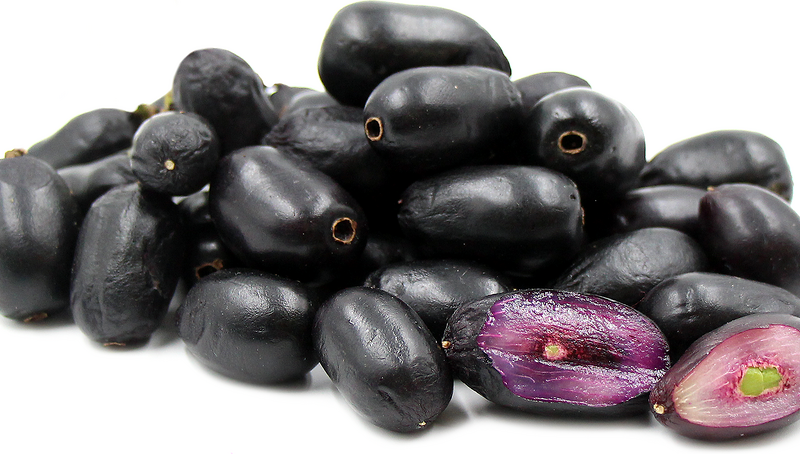Hronic kidney failure, describes the gradual loss of kidney function is called Chronic Kidney Disease (CKD).Chronic kidney disease includes conditions that damage your kidneys and decrease their ability to keep you healthy by doing the jobs listed.
Also, kidney disease increases your risk of having heart and blood vessel disease. These problems may happen slowly over a long period of time. Chronic kidney disease may be caused by diabetes, high blood pressure and other disorders.
There are many different types of CKD. Four of the main types are described below:
Acute prerenal kidney failure
Insufficient blood flow to the kidneys can cause acute prerenal kidney failure. The kidneys can’t filter toxins from the blood without enough blood flow. This type of kidney failure can usually be cured once your doctor determines the cause of the decreased blood flow.
Acute intrinsic kidney failure
Acute intrinsic kidney failure can result from direct trauma to the kidneys, such as physical impact or an accident. Causes also include toxin overload and ischemia, which is a lack of oxygen to the kidneys.
The following may cause ischemia:
- severe bleeding
- shock
- renal blood vessel obstruction
- glomerulonephritis
Chronic prerenal kidney failure
When there isn’t enough blood flowing to the kidneys for an extended period of time, the kidneys begin to shrink and lose the ability to function.
Chronic intrinsic kidney failure
This happens when there’s long-term damage to the kidneys due to intrinsic kidney disease. Intrinsic kidney disease develops from a direct trauma to the kidneys, such as severe bleeding or a lack of oxygen.
Chronic post-renal kidney failure
A long-term blockage of the urinary tract prevents urination. This causes pressure and eventual kidney damage.






